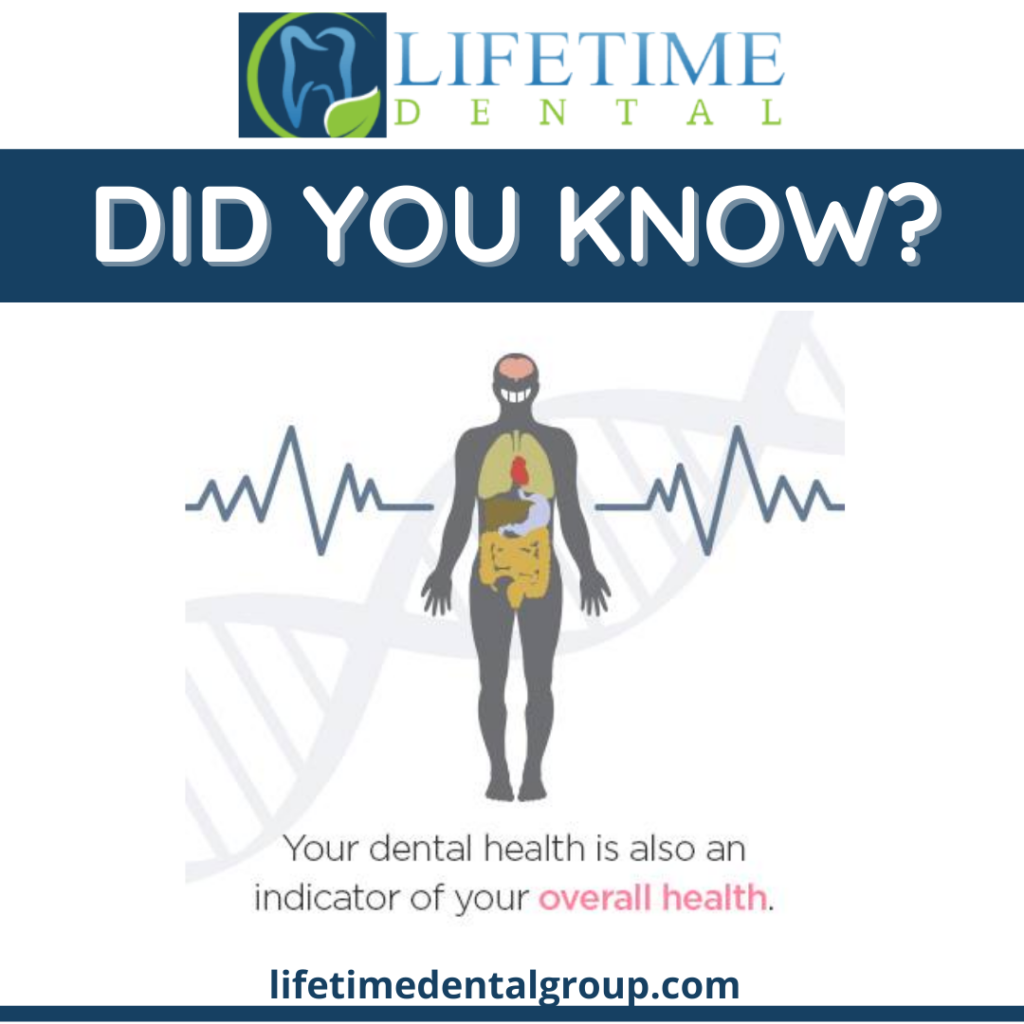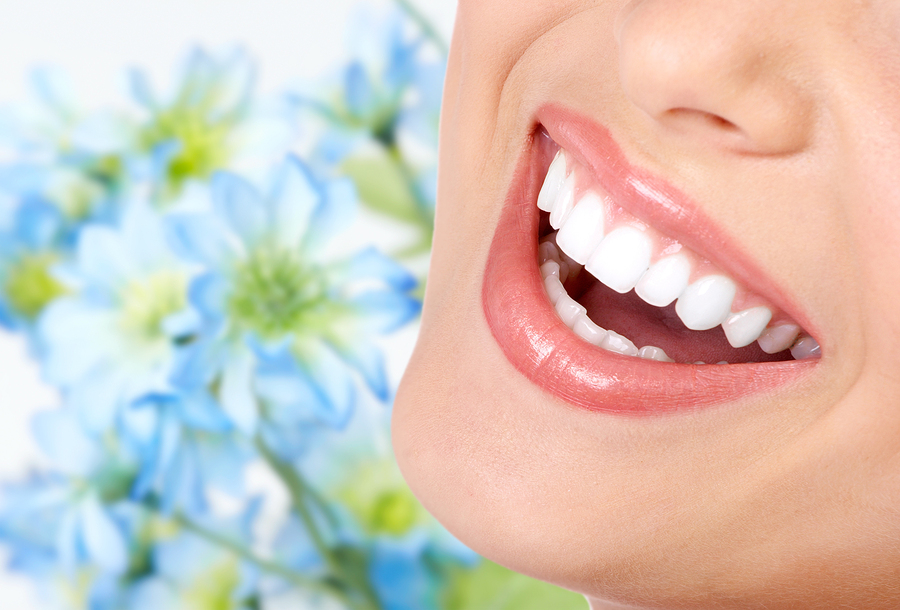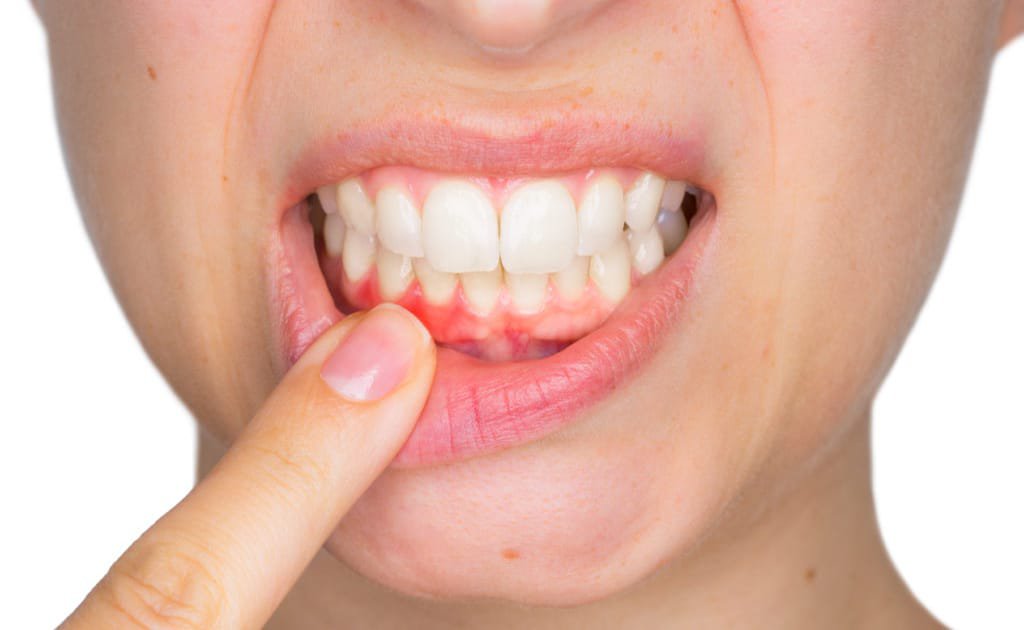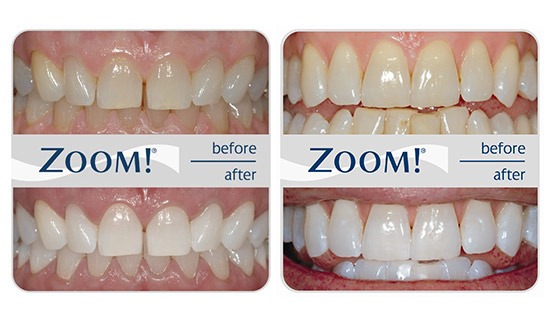Dental and oral health is an essential part of your overall health and well-being. Poor oral hygiene can lead to dental cavities and gum disease and has also been linked to heart disease, cancer, and diabetes. Maintaining healthy teeth and gums is a lifelong commitment. The earlier you learn proper oral hygiene habits — such as brushing, flossing, and limiting your sugar intake — the easier it’ll be to avoid costly dental procedures and long-term health issues.
Facts about dental and oral health
Dental cavities and gum disease are very common.
- between 60 and 90 percent of school children have at least one dental cavity
- nearly 100 percent of adults have at least one dental cavity
- between 15 and 20 percent of adults ages 35 to 44 have severe gum disease
- about 30 percent of people around the world ages 65 to 74 don’t have any natural teeth left
- in most countries, out of every 100,000 people, there are between 1 and 10 cases of oral cancer
- the burden of oral disease is much higher in poor or disadvantaged population groups
There are many steps you can take to keep your teeth healthy. For example, dental and oral disease can be greatly reduced by:
- brushing your teeth with fluoride toothpaste at least twice a day
- flossing your teeth at least once a day
- decreasing your intake of sugar
- eating a diet high in fruits and vegetables
- avoiding tobacco products
- drinking fluoridated water
- seeking professional dental care
Symptoms of dental and oral problems
You shouldn’t wait until you have symptoms to visit your dentist. Going to the dentist twice a year will usually allow them to catch a problem before you even notice any symptoms.
If you experience any of the following warning signs of dental health issues, you should make an appointment to see your dentist as soon as possible:
- ulcers, sores, or tender areas in the mouth that won’t heal after a week or two
- bleeding or swollen gums after brushing or flossing
- chronic bad breath
- sudden sensitivity to hot and cold temperatures or beverages
- pain or toothache
- loose teeth
- receding gums
- pain with chewing or biting
- swelling of the face and cheek
- clicking of the jaw
- cracked or broken teeth
- frequent dry mouth
If any of these symptoms are accompanied by a high fever and facial or neck swelling, you should seek emergency medical treatment. Learn more about the warning signs of oral health issues.
Causes of dental and oral diseases
Your oral cavity collects all sorts of bacteria, viruses, and fungi. Some of them belong there, making up the normal flora of your mouth. They’re generally harmless in small quantities. But a diet high in sugar creates conditions in which acid-producing bacteria can flourish. This acid dissolves tooth enamel and causes dental cavities.
Bacteria near your gumline thrive in a sticky matrix called plaque. Plaque accumulates, hardens, and migrates down the length of your tooth if it isn’t removed regularly by brushing and flossing. This can inflame your gums and cause the condition known as gingivitis.
Increased inflammation causes your gums to begin to pull away from your teeth. This process creates pockets in which pus may eventually collect. This more advanced stage of gum disease is called periodontitis.
There are many factors that contribute to gingivitis and periodontitis, including:
- smoking
- poor brushing habits
- frequent snacking on sugary foods and drinks
- diabetes
- the use of medications that reduce the amount of saliva in the mouth
- family history, or genetics
- certain infections, such as HIV or AIDS
- hormonal changes in women
- acid reflux, or heartburn
- frequent vomiting, due to the acid
Diagnosing dental and oral diseases
Most dental and oral problems can be diagnosed during a dental exam. During an exam, your dentist will closely inspect your:
teeth, mouth, throat, tongue, cheeks, jaw, and neck
Your dentist might tap or scrape at your teeth with various tools or instruments to assist with a diagnosis. A technician at the dentist’s office will take dental X-rays of your mouth, making sure to get an image of each of your teeth. Be sure to tell your dentist if you’re pregnant. Women who are pregnant shouldn’t have X-rays.
A tool called a probe can be used to measure your gum pockets. This small ruler can tell your dentist whether or not you have gum disease or receding gums. In a healthy mouth, the depth of the pockets between the teeth are usually between 1 and 3 millimeters (mm). Any measurement higher than that may mean you have gum disease.
If your dentist finds any abnormal lumps, lesions, or growths in your mouth, they may perform a gum biopsy. During a biopsy, a small piece of tissue is removed from the growth or lesion. The sample is then sent to a laboratory for examination under a microscope to check for cancerous cells.
If oral cancer is suspected, your dentist may also order imaging tests to see if the cancer has spread. Tests may include:
X-ray, MRI scan, CT scan and endoscopy
Types of dental and oral diseases
We use our teeth and mouths for a lot of things so it’s not surprising how many things can go wrong over time, especially if you don’t take proper care of your teeth. Most dental and oral problems can be prevented with proper oral hygiene. You’ll likely experience at least one dental problem during your lifetime.
Cavities
Cavities are also called caries or tooth decay. These are areas of the tooth that have been permanently damaged and may even have holes in them. Cavities are fairly common. They occur when bacteria, food, and acid coat your teeth and form a plaque. The acid on your teeth starts to eat away at the enamel and then the underlying dentin, or connective tissue. Over time, this can lead to permanent damage.
Gum disease (gingivitis)
Gum disease, also called gingivitis, is inflammation of the gums. It’s usually the result of plaque building up on your teeth due to poor brushing and flossing habits. Gingivitis can make your gums swell and bleed when you brush or floss. Untreated gingivitis can lead to periodontitis, a more serious infection.
Periodontitis
As periodontitis progresses, the infection can spread to your jaw and bones. It can also cause an inflammatory response throughout the body.
Cracked or broken teeth
A tooth can crack or break from an injury to the mouth, chewing hard foods, or grinding the teeth at night. A cracked tooth can be very painful. You should visit your dentist right away if you’ve cracked or broken a tooth.
Sensitive teeth
If your teeth are sensitive, you might feel pain or discomfort after having cold or hot foods or beverages.
Tooth sensitivity is also referred to as “dentin hypersensitivity.” It sometimes occurs temporarily after having a root canal or a filling. It can also be the result of:
- gum disease
- receding gums
- a cracked tooth
- worn-down fillings or crowns
Some people naturally have sensitive teeth because they have thinner enamel.
Most of the time, naturally sensitive teeth can be treated with a change in your daily oral hygiene regimen. There are specific brands of toothpaste and mouthwash for people with sensitive teeth.
Shop for toothpaste and mouthwash made for people with sensitive teeth.
Oral cancer
Oral cancers include cancer of the:
gums, tongue, lips, cheek, floor of the mouth, and hard and soft palate
A dentist is usually the first person to recognize oral cancer. Tobacco use, such as smoking and chewing tobacco, is the biggest risk factor for oral cancer.
According to the Oral Cancer Foundation (OCF), nearly 50,000 Americans will be diagnosed with oral cancer this year. In general, the earlier that oral cancer is diagnosed, the better the outlook.
The link between oral and general health
Oral health has risen in importance in recent years, as researchers have discovered a connection between declining oral health and underlying systemic conditions. It turns out that a healthy mouth can help you maintain a healthy body. According to the Mayo Clinic, oral bacteria and inflammation may be associated with:
- heart disease
- endocarditis, or inflammation of the lining of the heart
- premature birth
- low birth weight
Bacteria can spread from your oral cavity to your bloodstream, causing infective endocarditis. Infective endocarditis is a life-threatening infection of your heart valves. Your dentist may suggest you take antibiotics as a preventive measure before they perform any dental procedure that could dislodge bacteria in your mouth.

Treating dental and oral problems
Even if you’ve been taking good care of your teeth, you’ll still need to have a professional cleaning twice a year during a routine visit with your dentist. Your dentist will recommend other treatments if you show signs of gum disease, infections, or other problems.
Cleanings
A professional cleaning can get rid of any plaque you may have missed while brushing and flossing. It’ll also remove tartar. These cleanings are usually performed by a dental hygienist. After all the tartar is removed from your teeth, the hygienist will use a high-powered toothbrush to brush your teeth. This is followed by flossing and rinsing to wash out any debris.
A deep cleaning is also known as scaling and root planning. It removes tartar from above and below the gumline that can’t be reached during a routine cleaning.
Fluoride treatments
Following a dental cleaning, your dentist may apply a fluoride treatment to help fight off cavities. Fluoride is a naturally occurring mineral. It can help strengthen the enamel of your tooth and make them more resilient to bacteria and acid.
Antibiotics
If you show signs of a gum infection or you have a tooth abscess that has spread to other teeth or your jaw, your dentist may prescribe antibiotics to help get rid of the infection. The antibiotic may be in the form of a mouth rinse, gel, oral tablet, or capsule. Topical antibiotic gel may also be applied to the teeth or gums during surgical procedures.
Fillings, crowns, and sealants
A filling is used to repair a cavity, crack, or hole in the tooth. The dentist will first use a drill to remove the damaged area of the tooth and then fill the hole with some material, such as amalgam or composite.
A crown is used if a large portion of your tooth needs to be removed or has broken off due to an injury. There are two types of crowns: an implant crown that fits over an implant, and a regular crown that fits over a natural tooth. Both types of crowns fill in the gap where your natural tooth appeared.
Dental sealants are thin, protective coatings that are placed on the back teeth, or molars, to help prevent cavities. Your dentist may recommend a sealant for your children as soon as they get their first molars, at around age six, and again when they get their second set of molars around age 12. Sealants are easy to apply and completely painless.
Root canal
You might need a root canal if tooth decay reaches all the way inside the tooth to the nerve. During a root canal, the nerve is removed and replaced with a filling made of a biocompatible material, usually a combination of a rubber-like material called gutta-percha and adhesive cement.
Probiotics
Probiotics are mostly known for their role in digestive health, but new research has shown that the healthy bacteria may be beneficial for your teeth and gums.
Probiotics have been shown to prevent plaque and treat bad breath. They also help to prevent oral cancers and decrease inflammation from gum disease.
While large clinical trials are still needed to prove their effectiveness, results to date have been promising. You can take a probiotic supplement or eat foods high in beneficial bacteria, such as yogurt, kefir, and kimchi. Other popular probiotic foods include sauerkraut, tempeh, and miso.
Changing daily habits
Keeping your mouth healthy is a daily commitment. A dental hygienist can teach you how to properly take care of your teeth and gums on a daily basis. In addition to brushing and flossing, your daily routine can include mouthwash, oral rinses, and possibly other tools, such as a Waterpik water flosser.








 Here are 4 answers to your oral health questions during Coronavirus
Here are 4 answers to your oral health questions during Coronavirus